3-Tech-war-notitle-Ее.png
In a stunning development, Huawei’s CFO was detained in Canada ahead of possible extradition to the US on Iran sanctions-breaking charges. The ambitious telecoms firm highlights the technological rivalry at the heart of China US relations. This article is a summary of important US China news in December 2018.
Meng Wanzhou was held 1 December, the same day that Donald Trump held trade talks and a “wonderful” dinner with Xi Jining in Buenos Aires. Trump may not have known of the impending arrest, but members of his team did. Meng later achieved bail ahead of extradition hearings, and her firm denied any wrongdoing.
Beijing responded with hostage diplomacy – detaining Canadians Michael Kovrig, a former diplomat, and Michael Spavor, a businessman, on suspicion of endangering state security. Bail is not an option. Trump said he would intervene with the Justice Dept on Meng’s behalf if it would help secure a China deal, but a US official insisted that justice is not “a tool of trade”.
The US hit back at years of Chinese cheating by charging hackers linked to Chinese state security with stealing information from at least 45 US tech companies and government agencies to boost its own firms and military. “China’s goal, simply put, is to replace the US as the world’s leading superpower and they’re using illegal methods to get there,” said the FBI director. Beijing denied the accusations.
The scholar who warned about the Thucydides Trap of conflict said the pair are “in a dangerous period”. Their sparring will hurt global growth and could spark armed conflict next year, concluded a US think tank. Some US funds continued to add Chinese stocks to their holdings in recent months, while locals exited the bloodbath.
As talks about further talks continued, Beijing readied to buy two million more tonnes of US soybeans – to the relief of American farmers. Earlier in the month, Washington and Beijing made trade talk progress as China agreed to some early concessions. IPR protection and punishments could be boosted with an amendment to China’s patent law, said a Chinese official.
Commerce Secretary Wilbur Ross said it was clear China has been de-emphasizing “Made in China 2025”, Beijing’s masterplan for global technological dominance 2025 plan, “but that doesn’t mean they’ve dropped it.” Chinese economic espionage comprises America’s “most severe counterintelligence threat”, warned a senior FBI official. While China’s threat to US tech dominance is debatable, it’s fast catching up in military technology.
Mike Pompeo promised a new democratic world order in which Washington stops “bad actors” such as China, Russia and Iran by reshaping the post-World War Two system on the basis of sovereign states, not multilateral institutions. The head of MI6 warned of Huawei’s growing security threat, and BT confirmed it will strip Huawei equipment out of its core 4G network within two years. China moved to address intellectual property theft, announcing an array of punishments for Chinese firms if they continue to cheat.

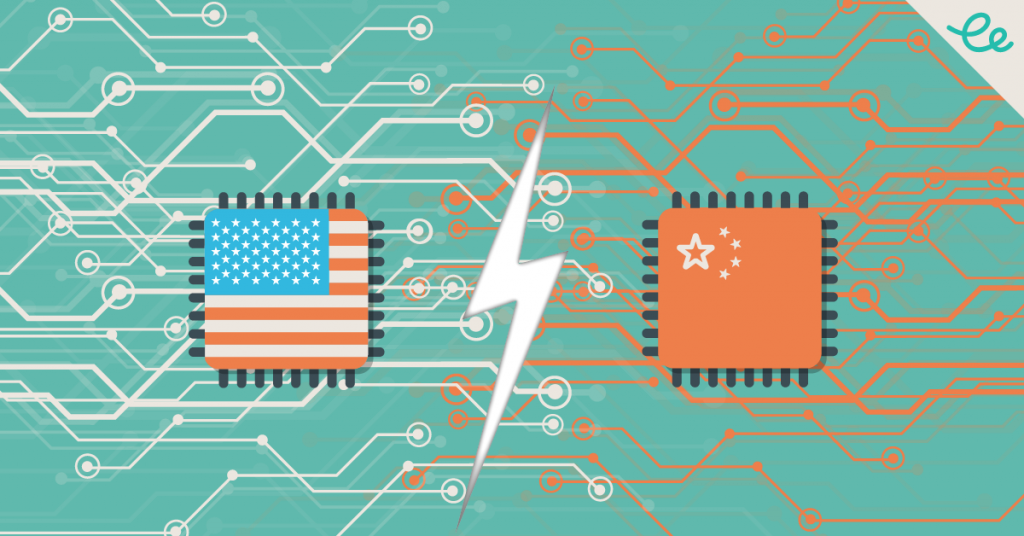
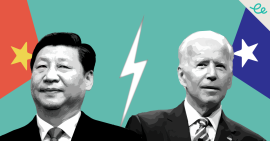
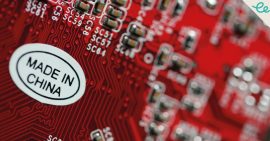
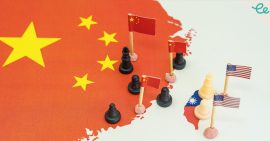
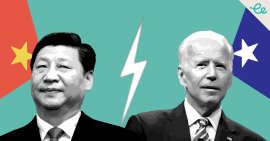

Comments are closed.